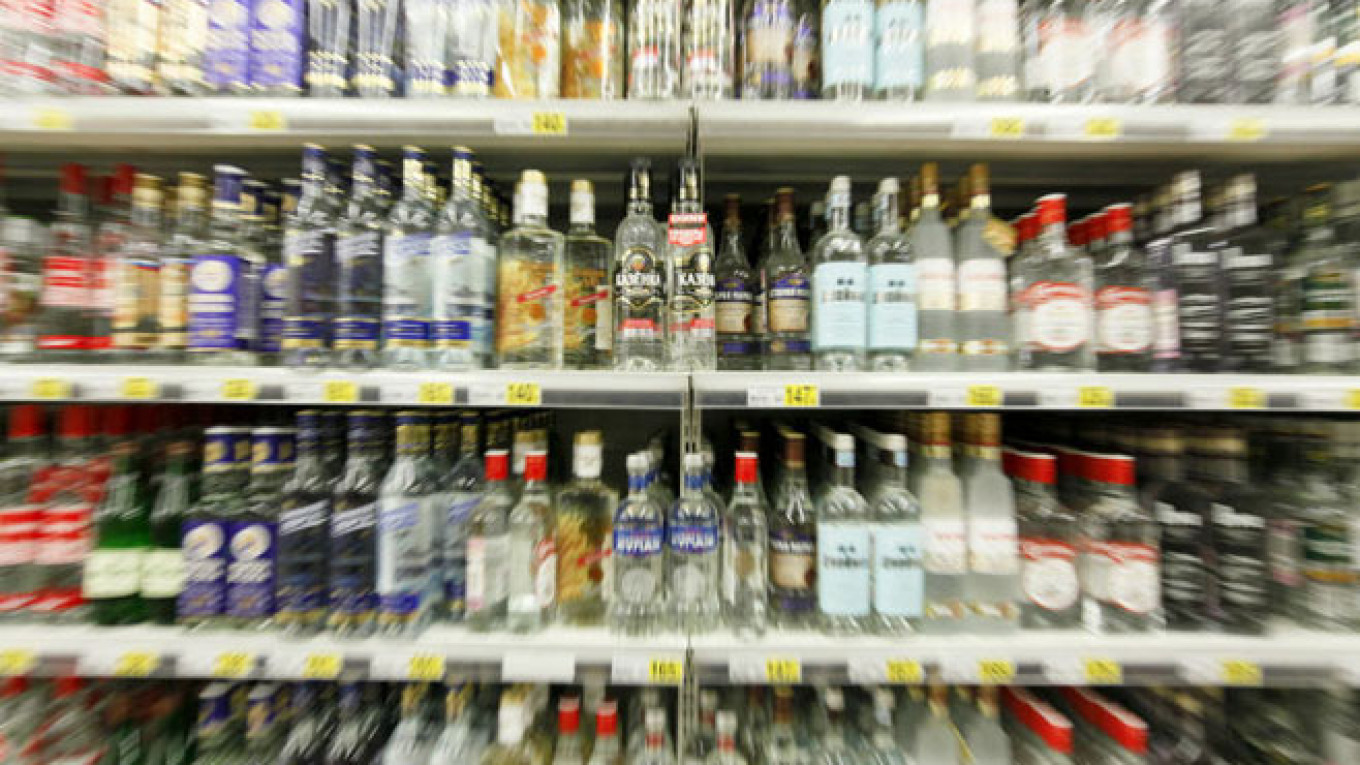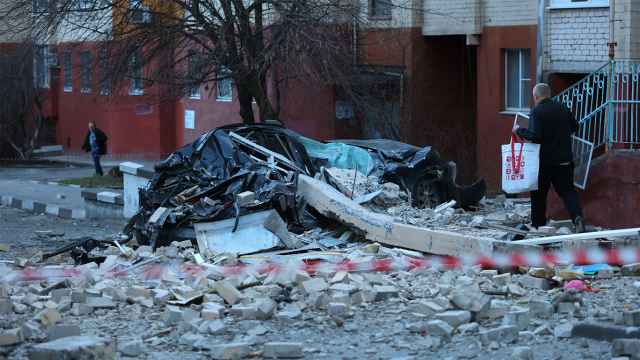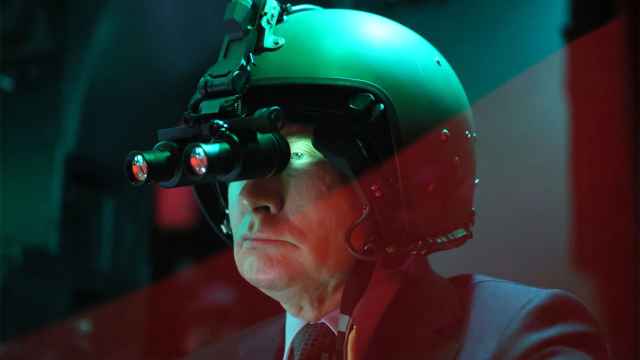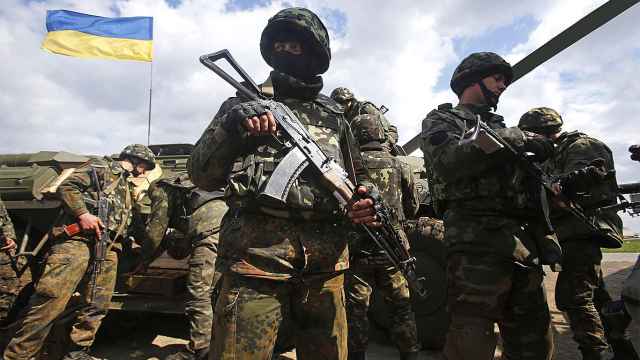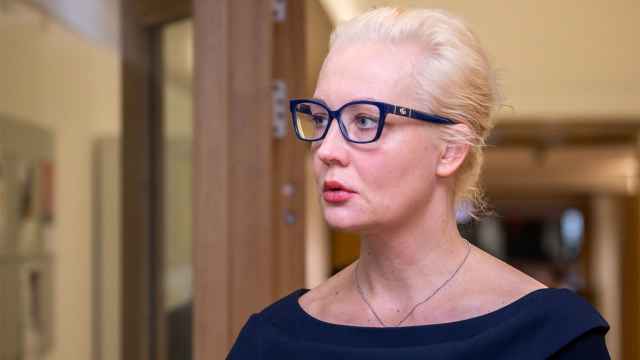As fear increases in the West about Russia's imperial ambitions, President Vladimir Putin has to confront his most powerful enemy at home — vodka — an addiction to which has a long history in the country and which has had a devastating effect on Russians' health and quality of life and on the country's economy and social fabric.
What explains the Russian addiction to alcohol, particularly vodka? One reason is that excessive drinking has been promoted by the state at various times to increase revenues from taxes on alcohol. Historians of the Soviet period contend that heavy alcohol consumption was promoted as a way to eliminate dissent, while other observers claim that alcohol was — and remains for many — the only escape from the drabness of everyday life.
Periodically, reports surface in the media about the number of people who die as a result of consuming fake vodka and other alcohol substitutes. It is estimated that more than 40,000 Russians die every year after drinking toxic liquids that include medical disinfectants, after-shave lotions and other dangerous substances.
Today, the average Russian drinks 15 liters of alcohol a year, mostly as vodka and other black market moonshine called "samogon." According to the World Health Organization, this consumption is far above what is considered safe. The Russian government wants to reduce present consumption to eight liters by 2020.
Russia currently has one of the highest rates of alcohol-related illnesses, which in the long term include neurological, cardiovascular, psychiatric and liver problems, among many others. In the short term, however, and generally as a result of binge drinking, it provokes several kinds of injuries as a result of violence, as well as risky sexual behavior, alcohol poisoning, and miscarriage and stillbirth.
The connection between excessive drinking and violence cannot be overstated. However, due to social tolerance of violent behavior and incomplete or inaccurate information, official statistics only record a small percentage of violent acts. Some of those acts, however, are worrying. For example, among male perpetrators of spousal homicide, 60 to 75 percent of offenders had been drinking heavily prior to the incident, according to a report in the Journal of Family Violence.
Among young men, the risk of suicide is five times higher for heavy drinkers and nine times higher for alcoholics, according to a study by the Moscow Research Institute and the World Health Organization. Although men drink more than women, excessive alcohol consumption during pregnancy can result in the child developing fetal alcohol syndrome or show fetal alcohol effects, which are associated with violent behavior later in life.
The poor health of many Russians has translated into a short life expectancy. According to the United Nations Department of Economic and Social Affairs, life expectancy for males in Russia is 61.56 and for females it is 74.03. These figures are 17 years lower than in the Western European population.
In June 2009, the Public Chamber of Russia estimated that there were 500,000 alcohol-related deaths annually in the country. In addition, the economic costs of alcohol abuse can be considerable. According to Harvard medical expert Boris Segal, economic losses from alcoholism equaled one-third of the country's gross national product in 2012.
Both punitive measures and an increase in alcohol taxes are of limited effect. What the government needs now is a public education campaign mainly addressed to the younger sectors of the population. Unless more effective measures are taken soon, Putin's dreams of a greater Russia will not be realized, as a vast percentage of the population will look to the bottle to solve their problems.
Cesar Chelala is an international public health consultant and a winner of an Overseas Press Club of America award.


